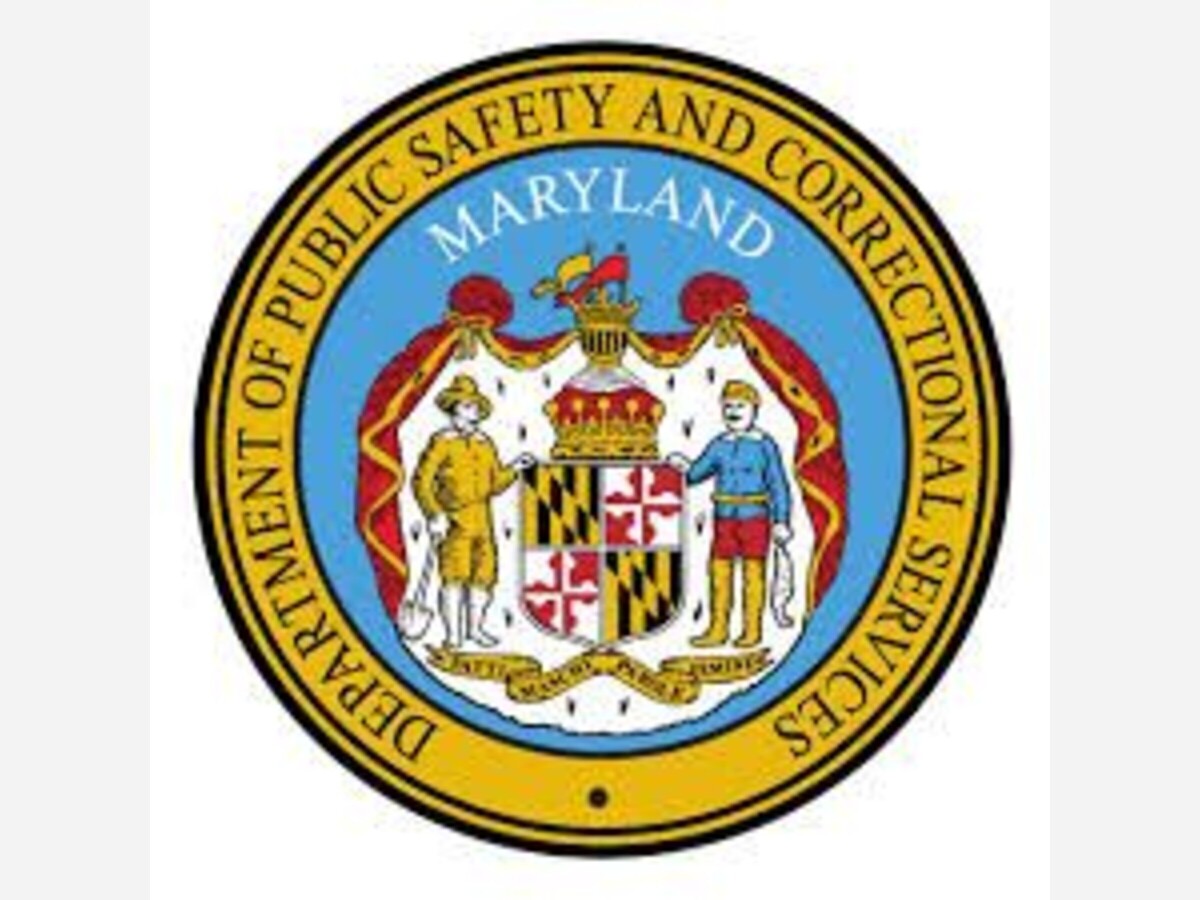Image

In a new arrangement, people in prison in Maryland will have access to programs at all the state's public universities. The Maryland Department of Public Safety and Correctional Services has formalized an agreement with the University System of Maryland to offer college courses in every state prison. The Memorandum of Understanding or MOU is the first in the nation between a state corrections division and an entire university system.
Danielle Cox, director of education with the Maryland DPSCS, said the umbrella agreement will streamline the addition of new programs.
"Instead of it taking months to do an MOU, we would just do a simple addendum, or university agreement for each college, that simply states what program they're to offer, what facilities, how many credits, that sort of thing," Cox explained. "So, it cuts down that six to seven month MOU process to a matter of a couple of weeks."
Incarcerated individuals will be able to earn selected bachelor's degrees and credit-based certificates from any of the 12 universities in the state system. Maryland already had five universities offering prison education prior to the new agreement.
Colleges in the state's program don't deny anyone in prison access based on educational assessments. Instead, the state offers bridge programs and tutoring appropriate to the individual. Existing programs have been so popular, there are waitlists - and Cox added educators are using that time to get students ready.
"We're seeing that tutoring while they're on a waitlist has really been beneficial to getting them where they need to be a lot quicker," she explained.
A RAND study found people who participated in a prison education program had a 43% lower likelihood of recidivism.
The oldest higher-ed program in the Maryland system dates from 2012 and is run by Goucher College. Cox said a recent analysis of that program found even a limited amount of time dedicated to learning yields benefits.
"What we saw with the Goucher data is that, out of all the students that participated in their program for at least a semester, they only had a 5.4% recidivism rate during that 12-year period," she continued.
In late 2020, Congress reinstated federal Pell grants for incarcerated individuals, reversing a restriction that had been in place since 1994. Cox said the expansion of the Prison Education Program in Maryland is aided by the increased availability of grant funds.